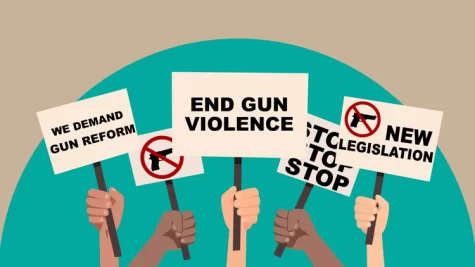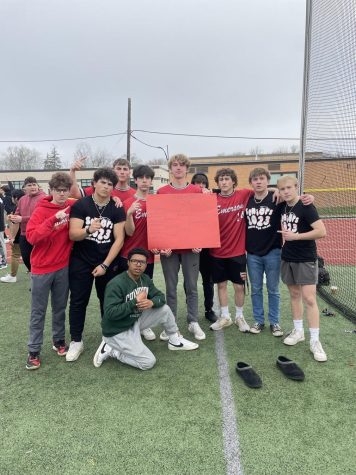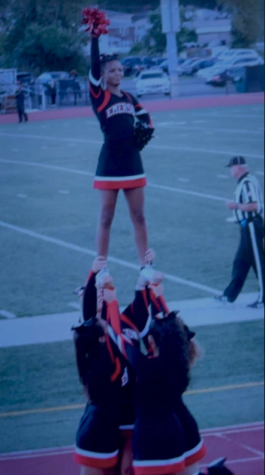“Get Your Head in the Game” – At What Cost?

March 9, 2020
Most of my fellow student athletes can relate to feeling these things from their sport: swollen muscles, tender body parts, weak legs and arms, excessive bruising, chronic aches, dizziness and headaches. Except, I didn’t just describe the everyday, normal symptoms an athlete feels when playing a sport. These are symptoms that are warnings that could be the cause of medical conditions in the athlete’s future if they don’t rest and take care of their bodies.
Student athletes, especially those who believe that their future relies on their performance, often hide their injuries, risking greater damage to their body. These possible injuries could not only jeopardize an athlete’s body in the future and their abilities to perform both everyday actions and exercise, but also, if an athlete returns to their sport too soon after their injury, they can cause irreparable damage to their body and performance later down the line.
According to Coach & A.D. and Premiere Sport Psychology, respectively, 42% of youth athletes have admitted to hiding injuries, and more than 80% have admitted to downplaying their injury in order to keep playing. Concussions are linked to a steep cognitive decline if not properly taken care of, and broken bones can cause bone deformity if they do not heal properly. Constant sprains without proper care can lead to an early onset of arthritis. All of these are reasons to encourage athletes, both young and old, to take care of their bodies, and let them heal when they are injured, whether it seems minor or not, because the future of their body is indescribably important and many take their good health for granted. Without taking the necessary break from physical activity, an athlete can cause irreparable damage to their body that no amount of physical therapy can fix. In fact, why opt to receive physical therapy when they can just take care of their injury properly to begin with?
Hiding injuries can also hurt the athlete mentally. Knowing that they have to take a break from their sport can be upsetting, and it could lead to emotions such as depression, anxiety, and an increase in eating disorders. This all stems from the belief that their worth must solely be tied to their performance and their ability in their sport. When they are injured, they might play through their injury unwisely and actually cause even worse mental problems because of the added pain.
Some people might say they depend on their sport to become successful, whether it be through a professional career or merely through a scholarship, and to do so, they could have to play through an injury in order to solidify their future. However, improperly healed injuries can jeopardize the player’s chances of a long career in sports as it can impact their ability greatly, making them less skilled. Also, sports are not worth someone’s life – if an athlete gets a concussions and never lets it heal, their cognitive ability could be forever damaged. It’s just not worth it.
So, coaches: Make sure you make it clear that you value the safety of your players over their performance ability. Let them know that they can come to you and take a break if they become injured, and don’t pressure them to come back before they’re ready.
Guardians: Take your kid to the doctor if they’re complaining of chronic pain or weakness. It could be a sign that they need a break.
Teammates: Make it easier for your fellow athletes when they become injured. It’s hard to watch other people play the sport you love.
And finally, players: Give yourself a break. Don’t hurt your body irreparably. Because if you do, the only way you’ll enjoy sports in 20 years is watching from the sidelines.















